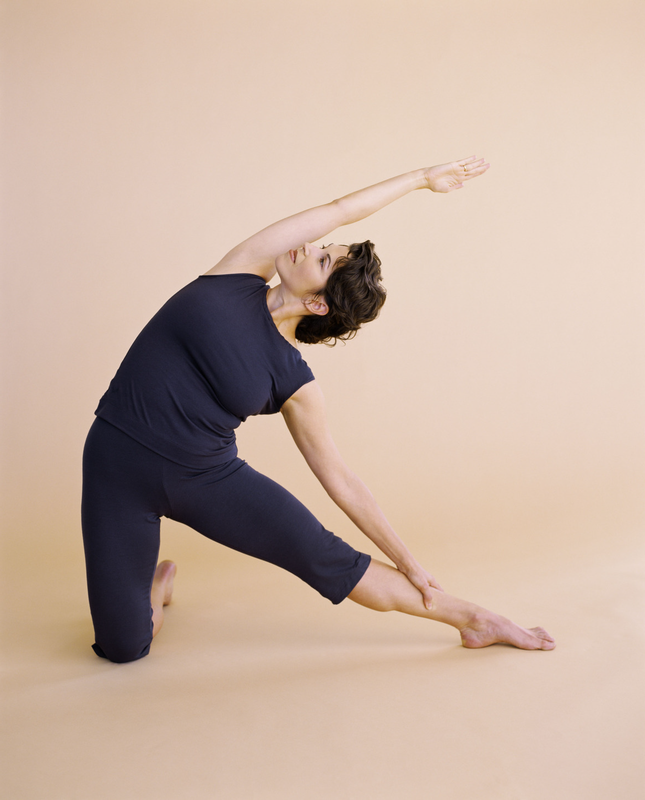|
Yoga is not only beneficial for physical health, it also has many qualities that can help encourage positive mental health too. According to the Yoga Journal, there are many physical health benefits to practicing yoga: improved flexibility, muscle strength, and posture, prevention of cartilage and joint pain, increased blood flow, blood pressure regulation, improved balance… the list could go on... Yoga is not only beneficial for physical health, it also has many qualities that can help encourage positive mental health too. It calms your nervous system. When faced with real or perceived danger, the body reacts by triggering the fight-or-flight response which causes increased arousal and heart rate, and often even dizziness, nausea, and sweating. Everyday stress or anxious thoughts can trigger this response. Engaging in yoga practice can allow the body to calm down, slowing down heart rate, lowering blood pressure, and regulating digestion. It also allows the body to release tension and increase relaxation, which can help reduce symptoms of anxiety. The more often your body experiences this relaxed state, the more prepared it is to calm down when faced with stressful situations. It allows you to practice being mindful. Mindfulness is “the practice of maintaining a non-judgmental state of heightened or complete awareness of one’s thoughts, emotions or experiences on a moment-to-moment basis." Some benefits to practicing mindfulness include; reduced symptoms of depression and anxiety, improved memory, focus and mental processing speed, improved ability to adapt to stressful situations, greater satisfaction within relationships, reduced ruminating thoughts and improved ability to manage emotions. Yoga encourages individuals to focus on their own personal practice, to be aware of their body sensations, and to focus on their breathing, which are also techniques used in practicing mindfulness. Laying on the mat or completing poses can allow individuals to sense where there might be tension or pain in their body, to reflect on how they may be feeling, and encourages them to be present. It can strengthen the relationship between the body and mind. Because yoga encourages individuals to be mindful, it can encourage individuals to be mindful in other aspects of their life, e.g. being more aware of healthy eating habits, or recognizing physical warning signs like tension in the shoulders when feeling stressed at work. Noticing these sensations or decisions could increase an individual’s self-awareness, allowing them to make more informed decisions in regards to their physical health. If individuals are taking care of their physical and mental health, there is a greater chance for improved quality of life. It encourages positive feelings correlated with improved well-being. Yoga can encourage feelings of gratitude, empathy, forgiveness and can create a sense belonging. Being forgiving and eliminating self-judgment are key components of yoga, as accepting what your body is capable of and providing it with compassion and care by making modifications to fit the practice to your own needs is highly encouraged during most practices. Practicing yoga can allow individuals to create a sense of belonging which can assist in finding value in life. It helps individuals with coping with difficult life experiences and emotions. All of these feelings that yoga can evoke can encourage individuals to experience these emotions in other aspects of their lives, which can increase their overall happiness.
|
|
OverviewNWO’s source for all things relationships, mental health, wellness, lifestyle, and pandemic support. Kelly Magazine is a mental health outreach initiative created by Kelly Mental Health and supported by Kelly Mental Health Foundation, a non-profit organization dedicated to improving the community in the area of mental health.
|
Magazine |
Follow Us |
In support of @kellymentalhealthfndn |
© COPYRIGHT. ALL RIGHTS RESERVED. WEB DESIGN BY KMH








